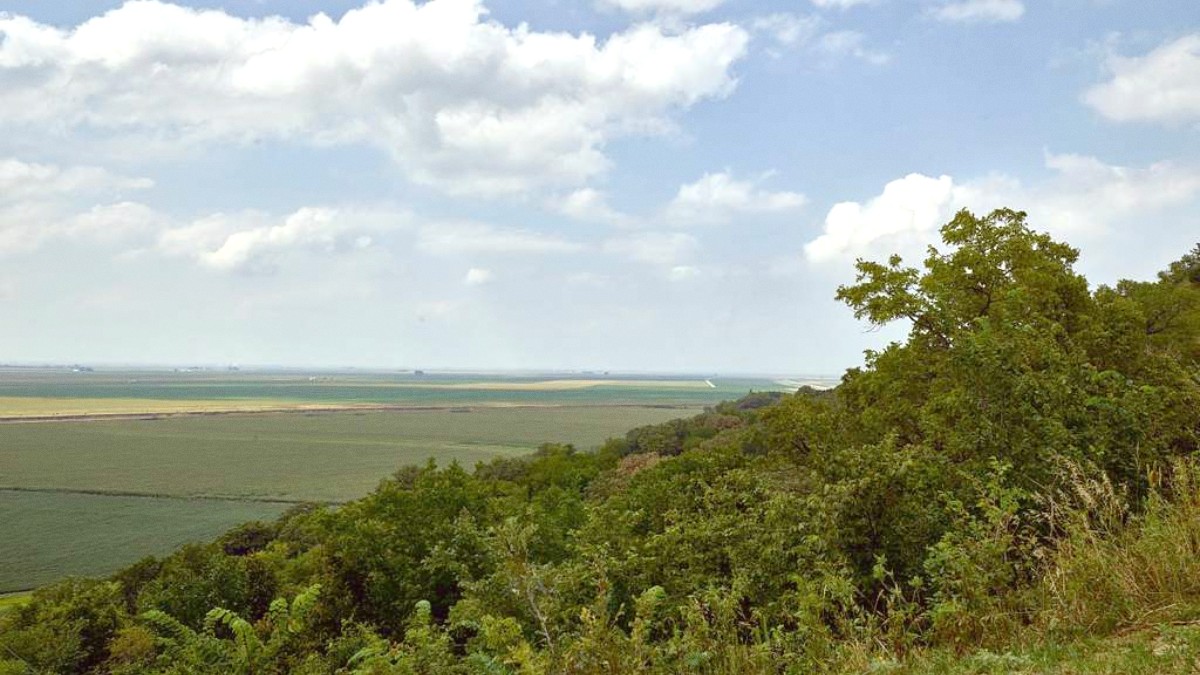
Iowa, USA
Protected areas like state parks and nature preserves protect rare native prairie and oak savanna.
Practice Leave No Trace principles. Pack out everything you pack in, including all trash and food scraps.
Efforts focus on preserving native species and managing erosion. Stay on marked trails.
Your choices leave a footprint both culturally and economically.
Support local museums, historical societies, and community centers. These work to preserve the region's unique heritage.
Your travel choices directly impact the communities. Choose to dine at locally owned restaurants.
General water conservation practices are encouraged. Conserve water in your accommodation.
Formal 'eco-lodges' or certified eco-tour operators are limited in the Loess Hills.
Always practice Leave No Trace principles when exploring the Loess Hills. Pack out all your trash, and stay on marked trails to protect the fragile ecosystem.
Choose activities and services that positively influence the local environment and community.
Prioritize buying local to keep money within the community and support local craftsmanship.
Be aware of your impact and avoid any practices that might be harmful to the local environment or community.
While not formally structured, community-based tourism thrives through active local support.
If you wish to donate, consider organizations dedicated to the region's unique natural and cultural assets.
Many state parks have visitor centers with educational exhibits.
Look for ranger-led talks on local ecology and geology.
Consider hiring local guides for ecological insights.
Every choice you make, from where you eat to how you explore, affects the Loess Hills. Choose consciously.
Simple actions contribute to a positive impact on the Loess Hills environment and communities.
Adhere to guidelines for protected areas to ensure the preservation of the unique ecosystem.
Observe wildlife from a distance and avoid disturbing natural behaviors.
Participate in or support local conservation projects.
Be a conscious consumer, choosing products and services that uphold ethical standards.
Many local groups actively restore native prairie habitats.
Projects focusing on stabilizing the unique loess soil.
Efforts to reintroduce native species to the region.
The Loess Hills are a natural treasure. Your actions contribute to their future. Travel mindfully.
Embrace the beauty of the Loess Hills while contributing to its long-term health and vitality.